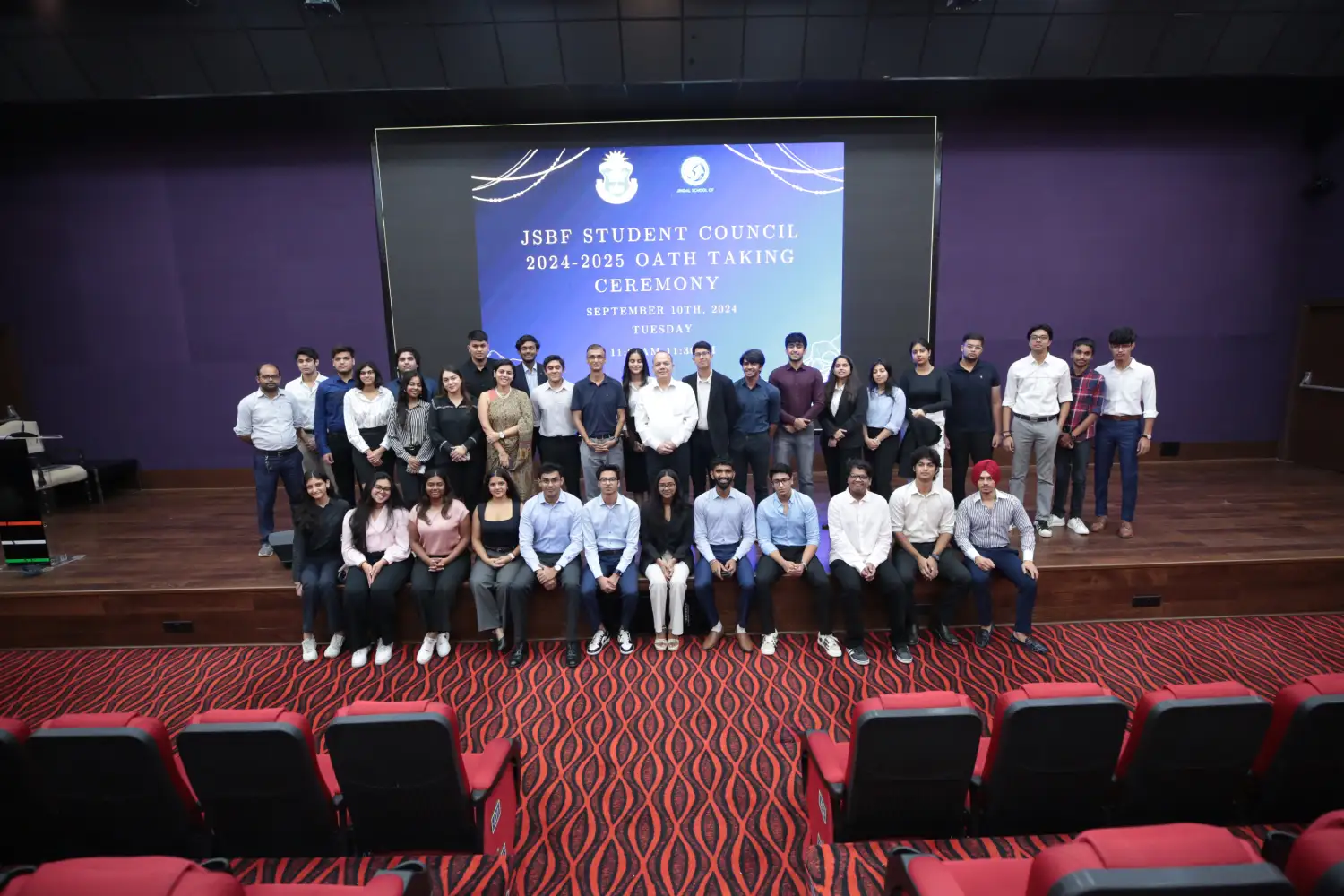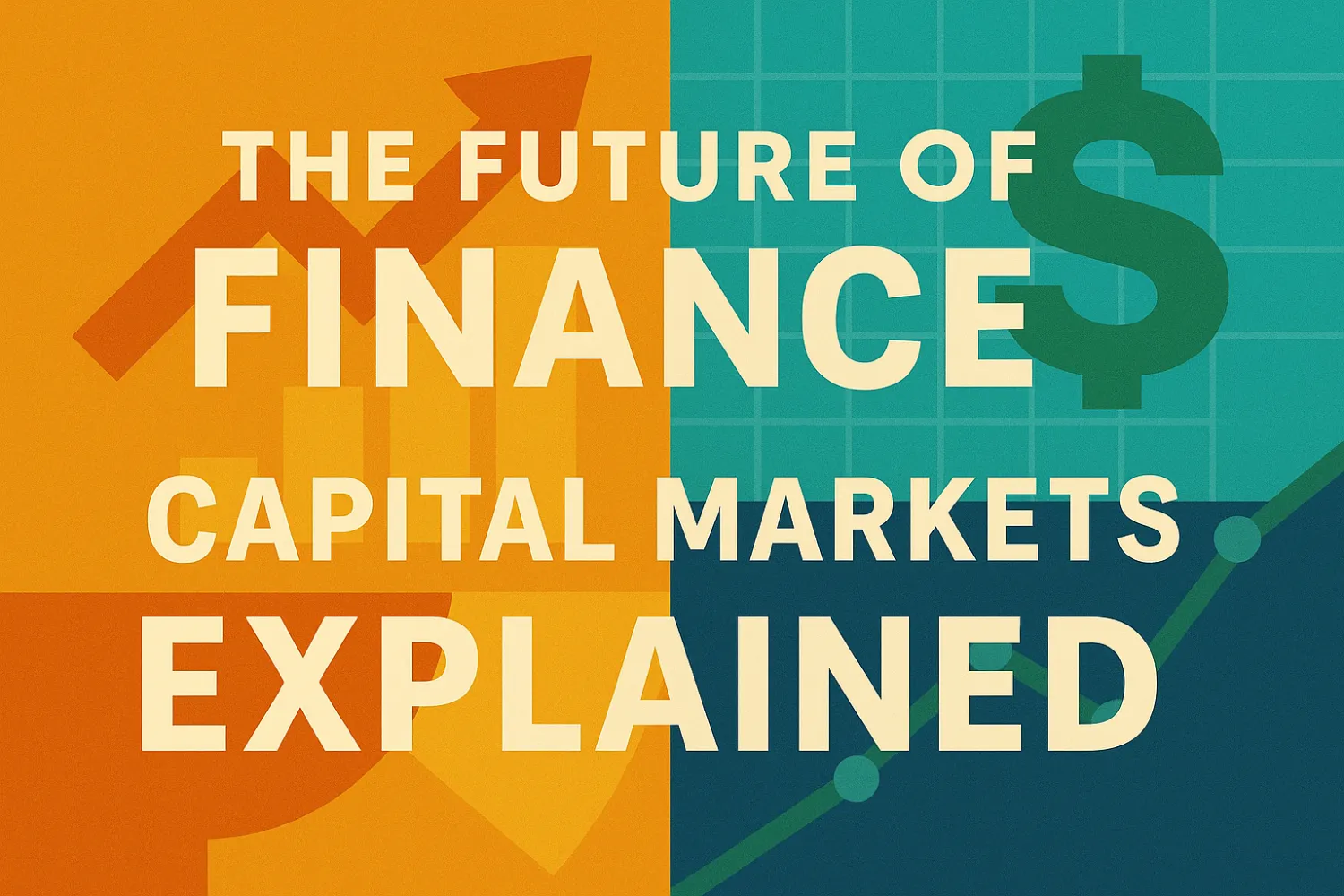|
Sl.No. |
Section Title |
Description |
| 1 | Introduction | Overview of global economic interdependence and its impact on commerce education. |
| 2 | Understanding a Changing Commercial World | Exploration of structural shifts in global commerce and their implications. |
| 3 | The Case for Studying Commerce Today | Highlights commerce’s growing relevance and global economic statistics. |
| 4 | What Distinguishes a Truly Global Commerce Education | Key elements of a world-class commerce programme. |
| 4.1 | – Internationally Informed Curriculum | Courses reflecting cross-border, cultural, and economic interconnections. |
| 4.2 | – Industry-Linked, Practice-Oriented Learning | Emphasis on internships, live projects, and experiential learning. |
| 4.3 | – Faculty Scholarship and Thought Leadership | Role of research-driven faculty in shaping student learning. |
| 4.4 | – Flexibility and Specialisation | Customisable electives and pathways to suit diverse interests and goals. |
| 5 | Evaluating a Commerce Programme in the Contemporary Context | Checklist for assessing commerce programmes in a globalised economy. |
| 6 | Supporting the Next Generation of Commerce Leaders | Mentorship, leadership development, and student engagement strategies. |
| 7 | Conclusion | Final reflections on the evolving nature of commerce and the role of education. |
| 8 | Source Links | External references supporting key statistics and statements. |
Introduction
Commerce in the twenty-first century is no longer defined by national boundaries or predictable cycles. The distinction between local and global, physical and digital, stable and volatile has increasingly blurred. A recent shift in tariff policy by a major economy sent immediate ripples through international markets, revealing the interdependence of global business. This evolving context demands a deeper rethinking of how commerce is studied and understood at the best commerce universities in the world. For today’s students, choosing where and how to pursue a commerce education is not merely an academic decision; it is a critical step toward developing the knowledge and perspective necessary to engage with the complexities of the modern economic landscape.
Understanding a Changing Commercial World
In the current global environment, change is not episodic or peripheral. It is continuous and deeply structural. Within a single year, for instance, the average tariff on imports in the United States rose from 2.3 percent to 15.2 percent. This transformation affected not only exporters and policymakers, but also businesses operating across borders and sectors. Such developments emphasise that commerce is not limited to financial outcomes. It is about how systems, institutions, and decisions shape societies and economies at every level.
This increasingly integrated commercial reality is driven by forces that include technological innovation, climate change, political transitions, and shifts in global trade architecture. With digital marketplaces generating trillions in global transactions, the modern study of commerce must expand to include economics, international finance, law, ethics, governance, and digital infrastructure. A future-ready commerce education at the best commerce universities in the world does not simply respond to these trends; it anticipates them.
The Case for Studying Commerce Today
Commerce has emerged as one of the most vital and adaptive disciplines of the present era. In 2024 alone, global e-commerce reached an estimated value of 6.8 trillion United States dollars, with continued growth forecasted across multiple regions and industries. It is expected to grow by 8 trillion through 2027. By 2029, e-commerce users are expected to reach 501.6 million. This acceleration reflects a broader economic shift in which digital, service-based, and knowledge-driven sectors are reshaping employment and investment landscapes.
Each year, many students around the world enrol in commerce and international business programs at the best commerce universities in the world. Their aspirations span finance, consulting, entrepreneurship, sustainable development, and public policy. Despite the diversity of their goals, these students recognise a shared reality: commerce lies at the centre of societal progress, global cooperation, and institutional resilience.
The Bachelor of Commerce (Hons.) at the Jindal School of Banking & Finance (JSBF) is grounded in this global understanding. It integrates interdisciplinary insight with analytical rigour, offering students the tools to engage with both current challenges and emerging opportunities in the global economy.
What Distinguishes a Truly Global Commerce Education
Internationally Informed Curriculum
A meaningful commerce curriculum must reflect the interconnected nature of global systems. At JSBF, students explore international financial markets, cross-border taxation regimes, emerging economies, and sustainable business practices. Through comparative frameworks and global case studies, students gain the ability to understand complex economic issues from multiple national, regional, and cultural perspectives. These global courses in commerce are designed to prepare graduates who can work across borders with cultural intelligence and strategic insight.
Industry-Linked, Practice-Oriented Learning
Academic instruction must be complemented by real-world exposure. The JSBF learning model incorporates internships, live projects, business simulation labs, and interactions with practitioners from various industries. This applied approach ensures that students develop not only theoretical competence, but also professional agility and decision-making skills.
Faculty Scholarship and Thought Leadership
Faculty members at JSBF are active contributors to academic research and policy discourse. Their expertise spans finance, economics, sustainability, behavioural science, and governance. Students are thus immersed in an intellectual environment where scholarly inquiry is directed toward addressing pressing global concerns. This orientation prepares graduates to think critically and contribute to both academic and practical knowledge communities.
Flexibility and Specialisation
The Bachelor of Commerce (Hons.) programme allows students to tailor their academic pathways through elective clusters. These clusters include areas such as fintech, financial analytics, behavioural economics, and corporate governance. The structure enables students to cultivate specialised knowledge while maintaining a broad and adaptable foundation. The programme aligns with both professional certifications and postgraduate education, including options such as the B.Com Global pathway that facilitates academic and career mobility across international contexts.
Evaluating a Commerce Programme in the Contemporary Context
In selecting a commerce programme that prepares students for the future, several essential considerations arise:
- Does the curriculum engage with global, digital, and ethical dimensions of commerce?
- Are students offered substantive exposure to industry through internships and projects?
- Is there institutional support for understanding and navigating diverse economic systems?
- Are faculty actively contributing to research that informs policy or industry?
- Does the programme provide access to interdisciplinary and international opportunities?
These criteria reflect the expectations of a globalised economy and the educational standards required to succeed within it. Programmes that meet these expectations are often recognised among the best commerce universities in the world for their commitment to academic excellence and professional relevance.
Supporting the Next Generation of Commerce Leaders
Excellence in commerce education requires more than academic instruction. At JSBF, students receive structured mentoring, participate in academic and professional networks, and are encouraged to take on leadership roles in both formal and informal settings. The institution supports research initiatives, international exchange opportunities, and preparation for graduate and professional study.
Applicants are encouraged to explore the curriculum in depth, attend academic events, and connect with the broader JSBF learning community. Such engagement fosters a clearer understanding of the values, expectations, and aspirations that define the academic environment.
Conclusion
Commerce is no longer a static domain of trade and finance. It is a dynamic space where innovation, policy, and purpose converge. In a world increasingly shaped by global forces, economic, technological, and environmental, the commerce education must cultivate both technical competence and human understanding.
The Bachelor of Commerce (Hons.) at JSBF offers a framework through which students can critically examine the forces shaping the contemporary economy. It equips them to respond to uncertainty with clarity, to meet complexity with insight, and to pursue progress with responsibility. As the boundaries of commerce continue to evolve, so too must the institutions that educate its future leaders. A globally aware, ethically grounded, and academically rigorous approach to commerce is not only relevant; it is necessary, positioning JSBF among the best commerce universities.





